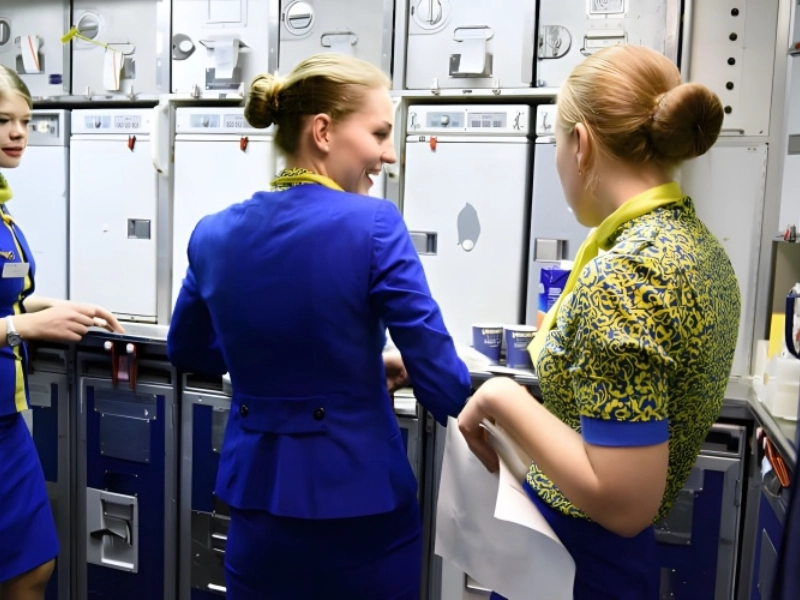Flight Attendants Reveal Their Best Kept Flight Secrets
Advertisement
4. Ah, The Unused Food Question

Advertisement
The solution might be more complicated than you would think if you have ever pondered what happens to the extra food following every flight. Although some airlines just throw away extra food, many are always looking for methods to cut waste and expenses. Different approaches in managing leftover in-flight meals have resulted from this economic pressure.
Airlines want to save as much money as they can, hence it would not be surprising if some tried to recycle or rework some food products. Still, food safety in the airline sector is governed by tight rules. Most respectable airlines follow these rules to guarantee passenger safety and health.
One travel catering specialist argues that although there is conjecture that aircraft might feed its passengers stale food, they only provide fresh food which is made between 12 and 72 hours ahead of time. Maintaining freshness and quality, this period lets one properly prepare food, package it, and get it to the aircraft.
The reality probably rests in the middle. Airlines might not offer really "old" cuisine, but the definition of "fresh" can change. If they stay unopened, some items—such as sealed beverages or boxed snacks—may indeed be used on next flights. To follow health and safety guidelines, nevertheless, perishable goods are usually thrown after every trip.
In the end, how airlines handle uneatable in-flight food stays a subject of discussion and differs. If you, as a traveller, worry about food freshness, you may always ask about the date of preparation for your meal or choose packed, sealed goods.
You May Like
Advertisement

